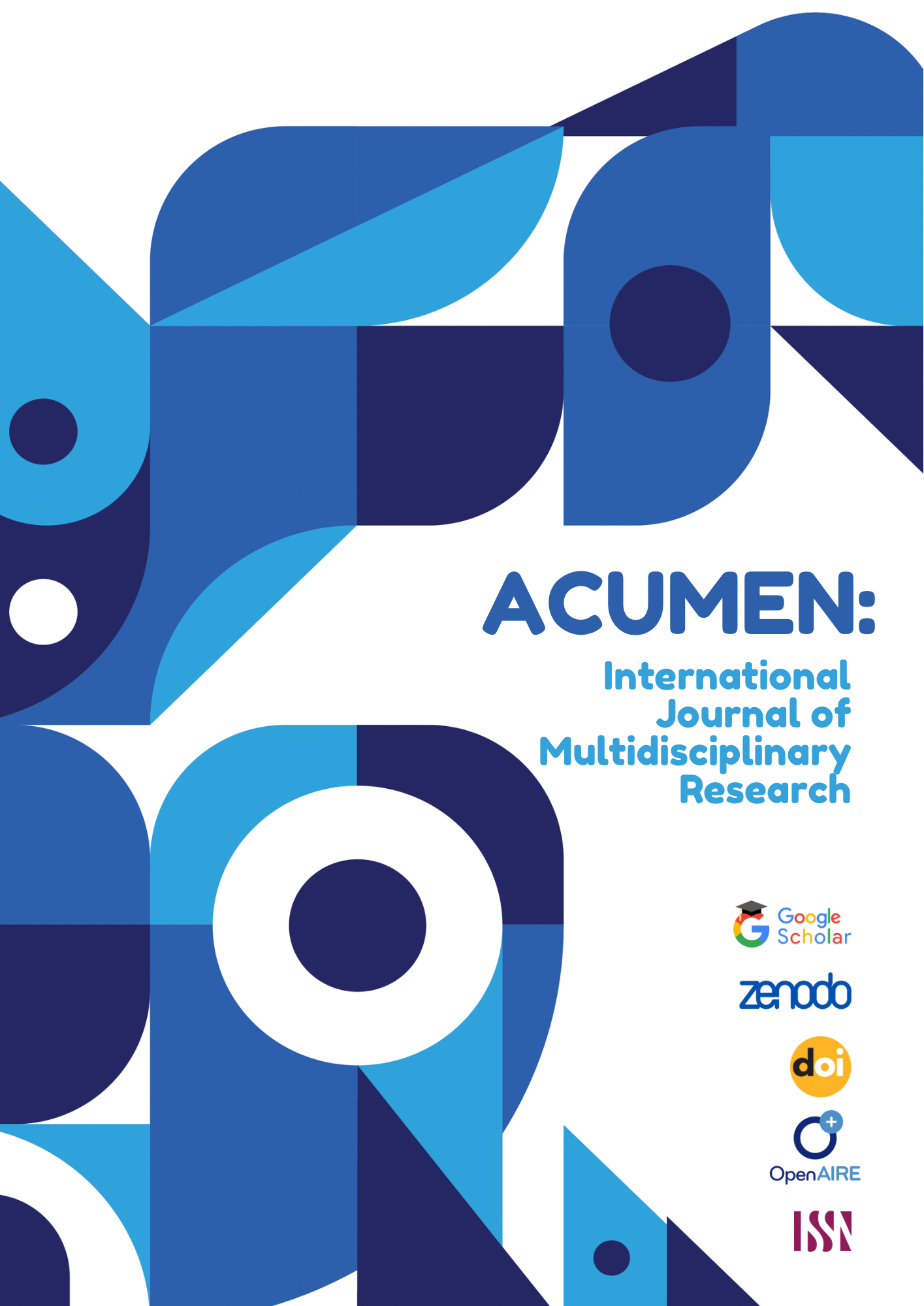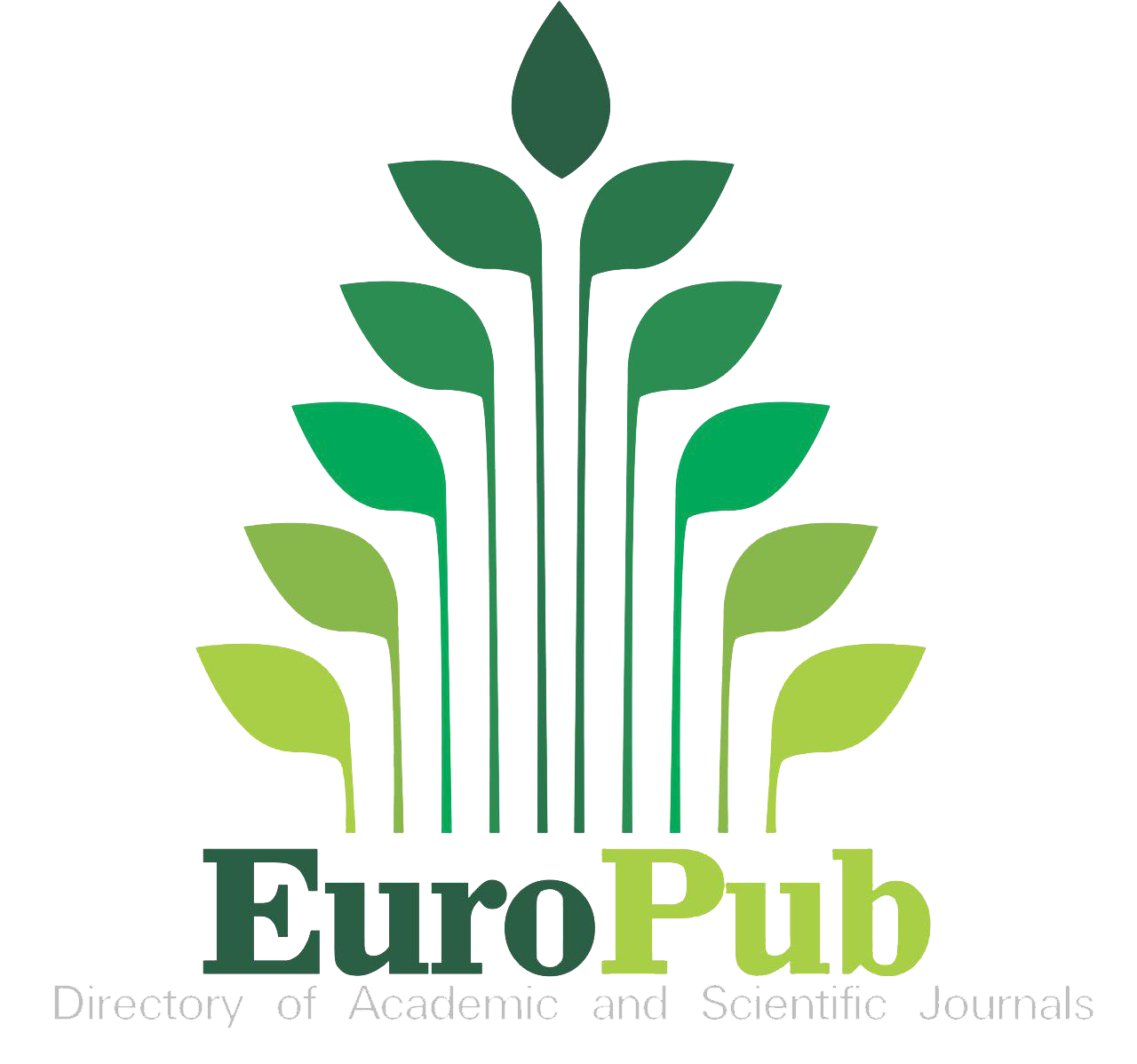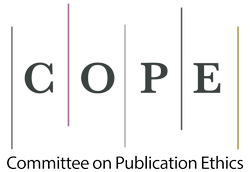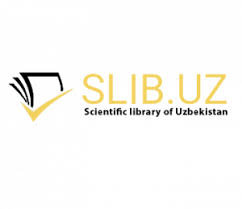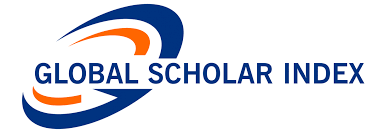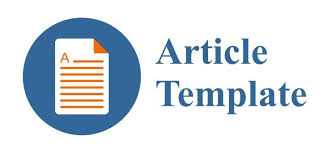Transforming Assets: The Role of Language in Enhancing Value and Communication
Keywords:
Value Enhancement, Communication Strategies, Linguistic Impact, Stakeholder Engagement, Brand Messaging, Narrative Building, Value Proposition, Persuasive Language, Market Perception, Business CAbstract
Asset Transformation the exchange by a company of one type of asset
for another. For example, advances in information and communication technologies that
allow organizations to quickly and reliably collect information about customer demand
have allowed inventories to be reduced. In this way, assets in the form of finished products
have been transformed into assets in the form of information. Based on the concept that
language in human communication is the main tool and the main communication
mechanism to achieve what is real, it is evident that today it is a phenomenon that applies to
all forms of business[3:22]. This research aims to identify the role of language strategy in
international business relations in order to better understand the importance of knowing the
most prominent and influential languages in the trade of goods and services in all
business segments[1:19]. Although the importance of English language skills and their role
in international business relations is recognized, much more needs to be done to further
research this issue. Of course, there are studies on the relationship between language and
international business, but few studies have been conducted on the impact of language on
international business relations.
References
1. Ahulu, S. (1997). General English: A consideration of the nature of English as an
international medium. English Today. 13(1): 17-23. 2. Brealey, RA, Myers, SC, & Allen, F. (2017). Principles of Corporate Finance. 3. Brutt-Griffler, J. (2002). World English: A study of its development. Clevedon and
Buffalo: Multilingual Matters. 4. Drucker, PF (1993). Post-Capitalist Society. New York: HarperCollins. 5. Giddens, A. (2000). Runaway World: How Globalization is reshaping Our Lives. New York: Routledge. 6. Kachru, B. (1983). The Other Tongue: English across Cultures. Oxford: Pergamum. 7. Schilling, MA (2020). Strategic Management of Technological Innovation
(6th ed.). New York: McGraw-Hill. 8. Smith, A. (1776). The Wealth of Nations. London: Methuen & Co

